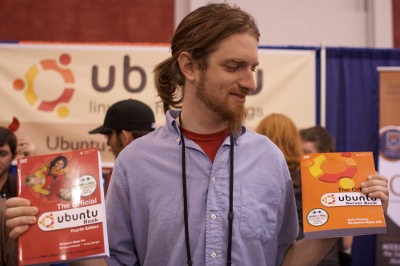I’ve been working with Charlie DeTar and the Center for Future Civic Media on a project called Between the Bars which is a blogging platform for prisoners. The current platform is essentially a snail-mail to web gateway: prisoners send letters which semi-automatically scanned and posted to the site; comments are printed and mailed back.
As we plan the launch of the project, we are trying to talk to as many stakeholders as possible — this includes ex-prisoners, families and friends of people who are or have been in prison, non-profits working with prisoners, victims of people in prison, people who work in prisons or in corrections, probation officers, or almost anyone else with a perspective or set of experience that might help us understand the difficult space our project is trying to negotiate and who might be able to help influence the design. At the moment, we’re not talking to current prisoners due to rules regulating research involving prisoners, but almost anyone else would be someone we’d love to connect with. We’re interested in hearing from people about their experience with prisons or prisoners, about staying connected to families and friends while behind bars, and, ultimately, about how we might design, deploy, and support technology to help folks out.
If you or someone you know are stakeholders and would be willing to talk about your experience and opinions with prisons, communication, and technology, please drop us a line at betweenthebars@mit.edu.
